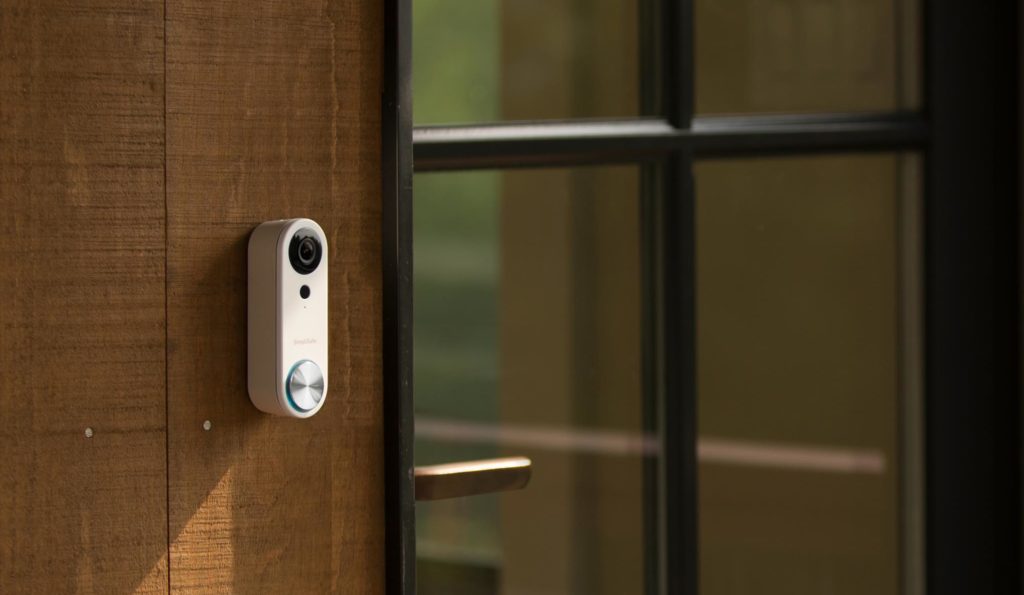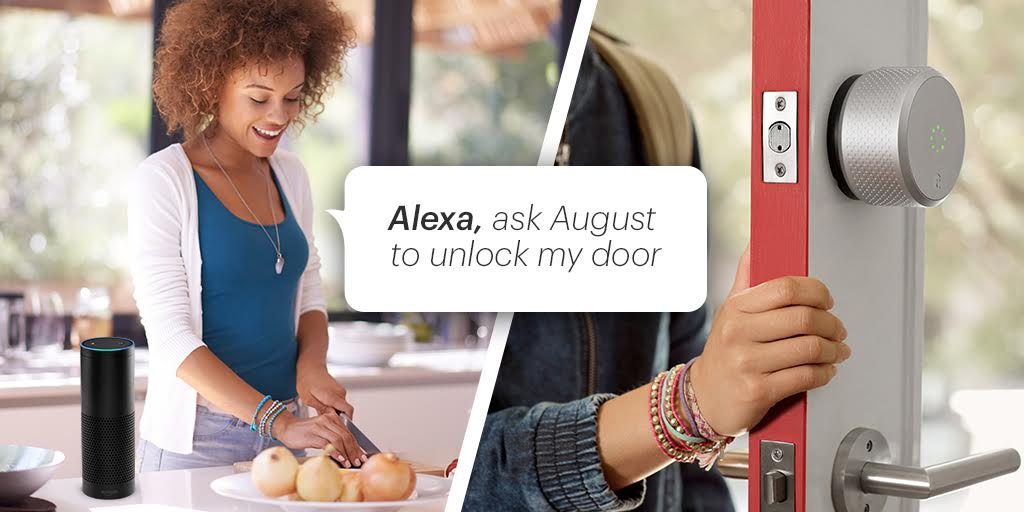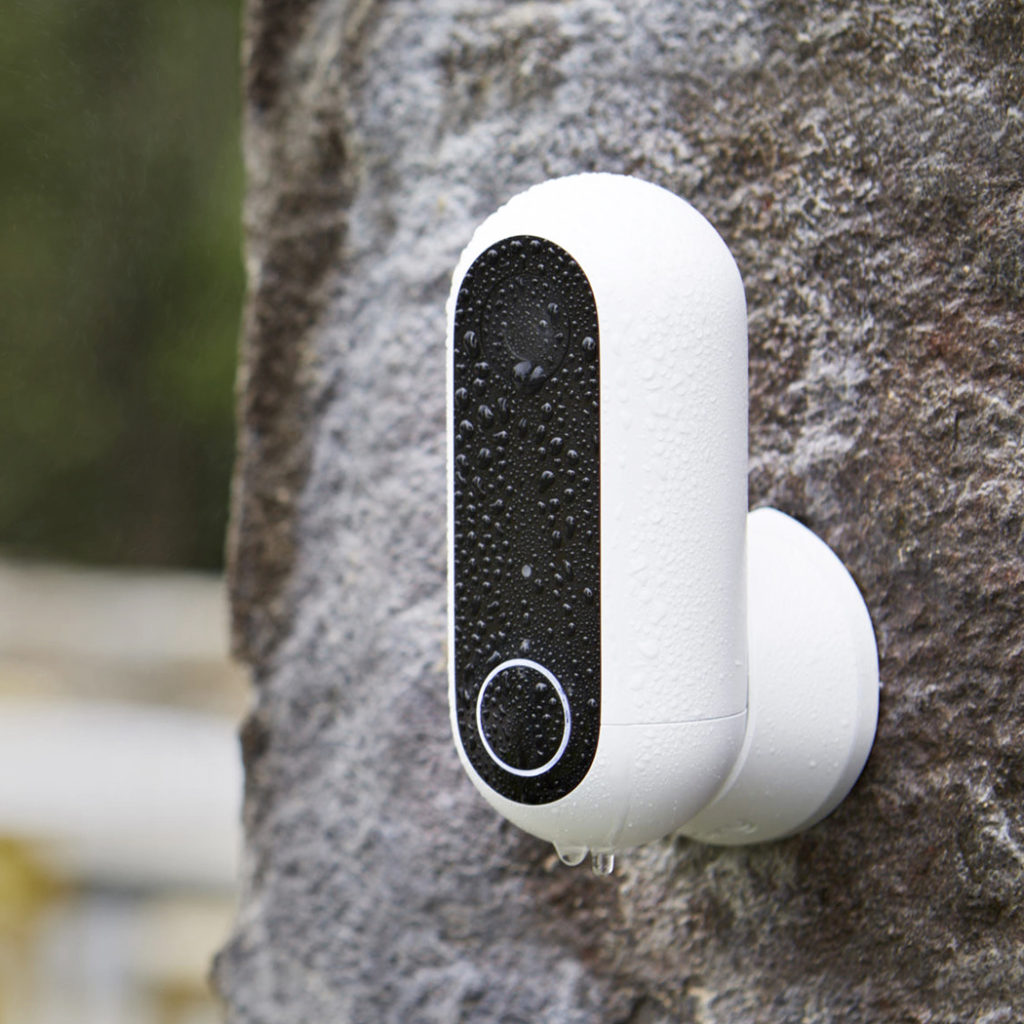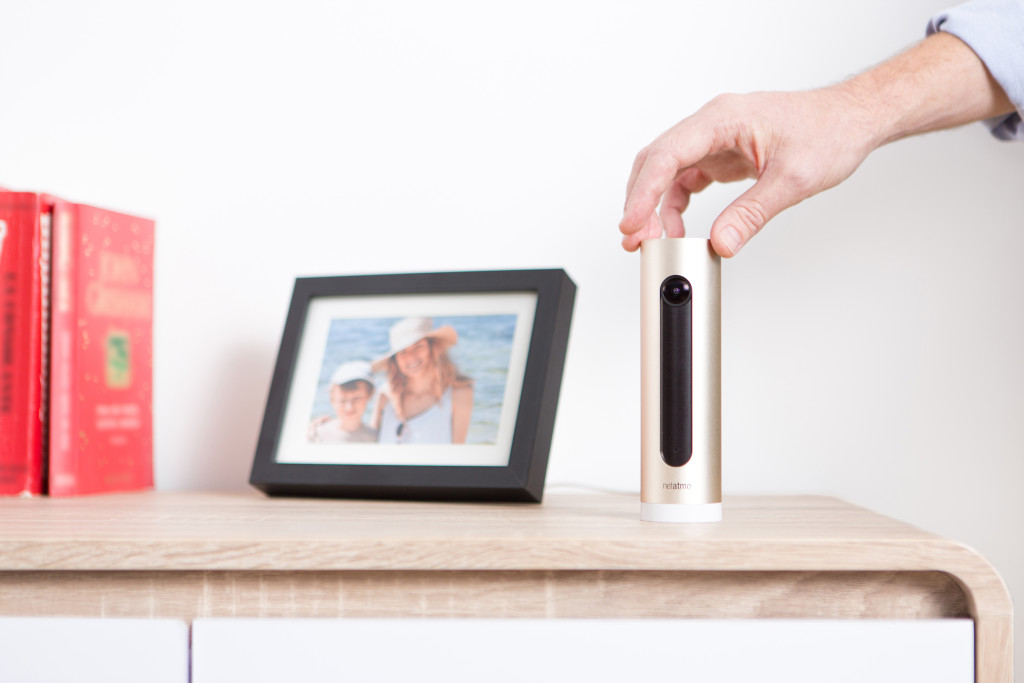This week’s podcast kicks off with a deep dive into the news shared at ARM’s TechCon event happening in Santa Clara, Calif. We talk about ARM’s new architecture, move on to Facebook’s privacy fudge and then spend a lot of time discussing the UK’s new standards for IoT device security. We then take a look at Github’s new Actions and speculate on what it could mean for IoT, and discuss Simplisafe’s new video doorbell, the Pixel Stand and Nest integration. We also share a website that’s great for finding frameworks for industrial IoT projects. We then discuss the death of the Myo armband and the launch of Anki’s new Vector robot. Finally, we close by answering a question about smart locks for a listener.

Our guest this week is Teo Swee Ann, founder and CEO of Espressif Systems. Espressif makes the ESP8266 and the ESP32 chips used by thousands of people and customers making IoT devices. We learn about the history of the ten-year-old company, discuss building IoT devices that can last 20 years and what Teo thinks about IoT in China. We also get the lowdown on the new architecture that Espressif plans to launch for IoT devices next year. It’s a fun show.
Hosts: Stacey Higginbotham and Kevin Tofel
Guest: Teo Swee Ann, founder and CEO of Espressif Systems
Sponsors: Cognizant and Auklet
- Explaining ARM’s big bets on IoT
- The UK publishes great IoT security advice for business and consumers
- Sometimes it’s hard to imagine your industrial or enterprise IoT project. This site can help.
- What the heck is an ESP32 or an ESP8266?
- What type of chip will the IoT need next?
Podcast: Play in new window | Download | Embed
Subscribe: RSS



